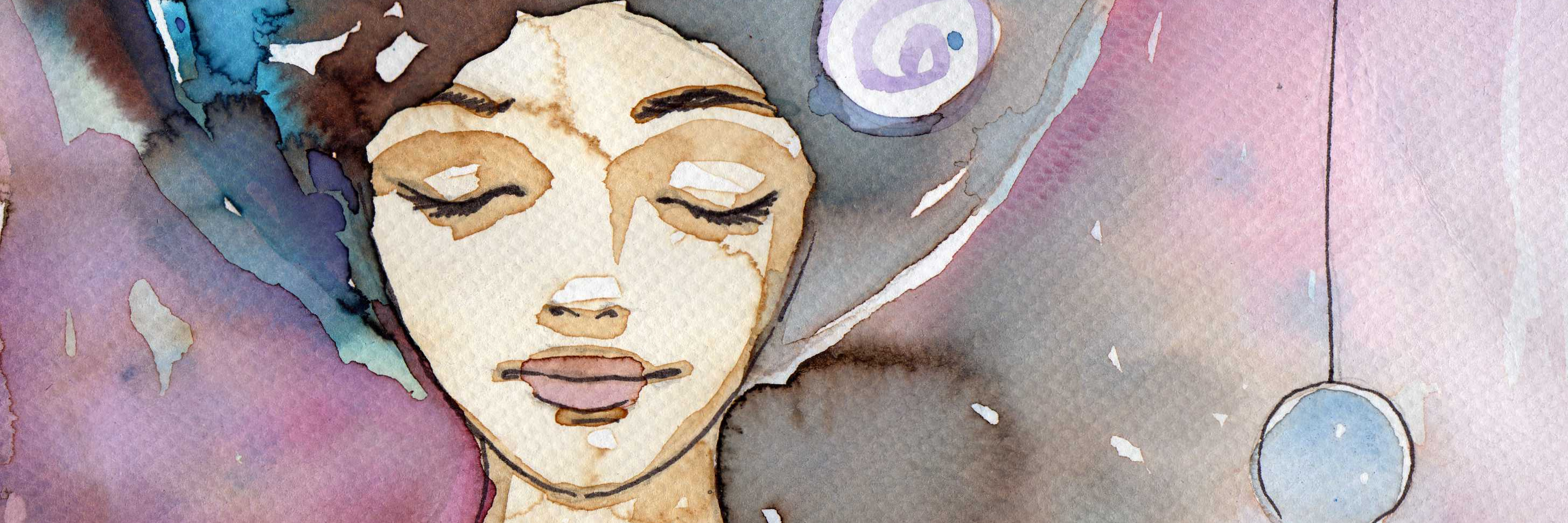I know it’s hard. I know how heavy it can feel, to be in a doctor’s office or a hospital and be handed a label that doesn’t yet make sense. It can change you somehow. Before you were just you, an individual of your own making — and now they have named you bipolar. Maybe the stigmas and stereotypes flood you for a moment, the way people joke about bipolar meaning “moody” — like bipolar means “crazy.”
• What is Bipolar disorder?
I want to tell you that you are still you. You haven’t changed. You are still an individual and you still have authority over your life. Now you just have a name to describe part that makes your life difficult sometimes.
A diagnosis helps. A diagnosis means you have a shorthand to describe how you are feeling. It means now when your mind churns out a million thoughts a minute, and your thoughts become grandiose, when you no longer seem to need sleep or food and you find yourself doing bizarre things… you can call it mania. And you can understand this is part of your illness. And it means when you can’t get out of bed, when everything feels hopeless and you cry for hours and struggle to find the energy to shower or leave the house… you can call this depression. And those days when you are hyper and full of ideas, with a racing feverish energy… you can call that hypomania.
Names help. Now you can tell your friend, “I’m depressed lately,” and they may understand a little bit about depression, or they can look it up on their phone. It’s easier that way, easier than spouting a list of symptoms of everything that feels wrong about you now. Sharing the name is a starting point of a conversation about how you feel.
A bipolar diagnosis means feeling this way is not your fault. A diagnosis proves you have a legitimate medical illness. Bipolar disorder has been linked to chemical reactions in the brain, and often runs in families. It’s a medical condition.
A bipolar diagnosis means there are medications that have been proven to help stabilize moods. Meeting with a psychiatrist and finding medications that work can make a huge difference in becoming stable for so many people.
A bipolar diagnosis is a step on the road to recovery. Getting that diagnosis is not only key to possibly starting medications, but it helps begin the conversation with a counselor, who is experienced with bipolar and knows ways of talking that can help.
A bipolar diagnosis means you can go to a support group, talk to people online and find people who “get you” since they also have bipolar. You can go online and find coping skills for depression and mania, and read inspirational stories by people in recovery with bipolar.
A bipolar diagnosis means now you understand yourself a little better. Suddenly your strange experiences make more sense, as you realize they were depressive episodes or mania.
A bipolar diagnosis means you can consider yourself part of a large group of people with bipolar disorder. Famous people with bipolar include: Demi Lovato, Pete Wentz, Carrie Fisher, Jane Pauley, Marilyn Monroe, Frank Sinatra, Catherine Zeta-Jones, Amy Winehouse, Mel Gibson, Russell Brand, Chris Brown, Britney Spears, Rosemary Clooney, Richard Dreyfuss, Patty Duke, Sinead O’Connor, Kurt Cobain, Nina Simone, Edvard Munch, Ernest Hemingway, Gustav Mahler, Jackson Pollock, Robert Schumann, Anne Sexton and Vincent Van Gogh.
You can still have a normal life with bipolar. You may have to work hard to manage it, but it is possible. Medications can help. Counseling can help. Building support networks can help.
A bipolar diagnosis can be hard to take in at first. But I believe getting that diagnosis is one of the first steps on the road to recovery. You are still the same person. Now you just understand a piece of your story that didn’t make sense before. Peace and joy are still possible for people with bipolar. Stable friendships and relationships are possible. Job satisfaction is possible.
You have that diagnosis. Now you can use that new piece of information to shape your path to recovery. Recovery is hard work. But it’s worth it.
Thinkstock photo via bruniewska.

